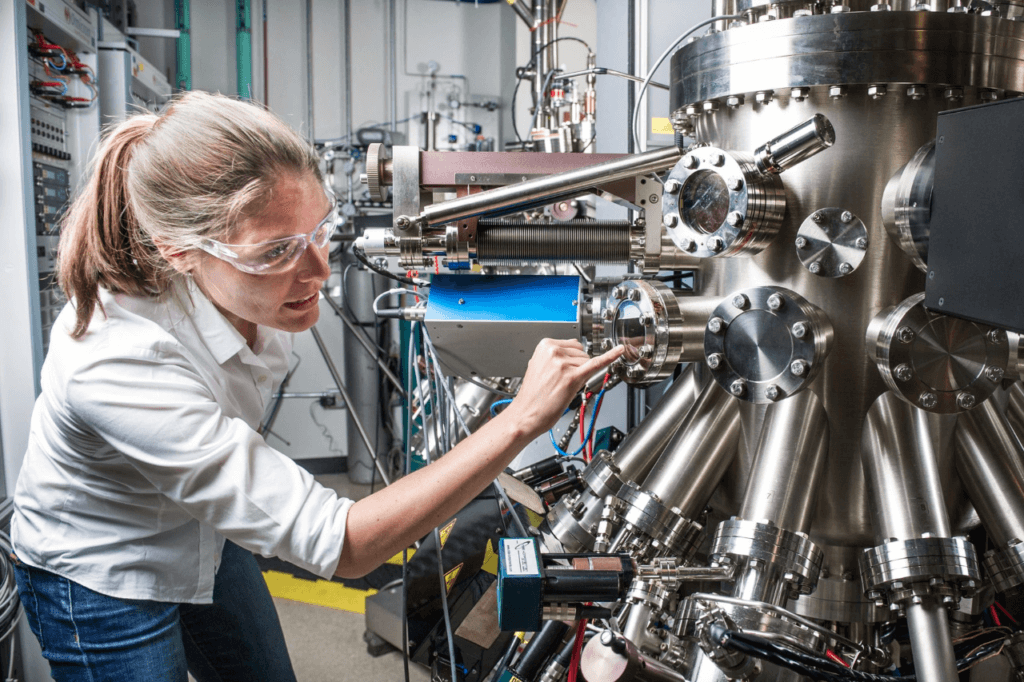Failure studies in industrial machines designate those errors or damages that cause the machinery not to work, in a total or partial way. We find different types of failures in industrial maintenance, which can be dangerous not only for the equipment, but also for the workers themselves.
Thus, a study of failures in industrial maintenance is essential for the development of industrial maintenance operations. This type of study ensures the highest quality in materials and equipment, thus promoting business productivity while avoiding future problems arising from wear and tear of these (a subject we deal with in forensic engineering).
In this post we explain what are the most frequent types of failures, as well as how to carry out the detection of failures in machinery.
What are failure studies?
The study of failures in industrial maintenance serves to analyze the failures that occur in the machines, in order to determine what their causes are and what measures can be taken to improve procedures and prevent accidents on goods and people. The fact is that avoiding machine breakdowns means significant cost savings in sectors such as construction and industry.
In this type of investigation, technicians specialized in forensic engineering carefully study the characteristics and the state of conservation of the parts affected in each breakdown. In this way, they identify the reasons for material failures and propose solutions to implement more efficient, safe and durable design and manufacturing processes, thus promoting proper industrial maintenance.
What is machine failure?
As we were saying the failures or factory failures refer to the problems of machinery in a company regarding its operation, either totally or simply a part of it.
This kind of material pathologies pose a serious challenge for industrial maintenance, since they can result in the total or partial loss of functionality in the components.
In addition, machines also often suffer from problems with motors and with pump systems, gearing, lubrication, ventilation, compression, electronic circuits, gas turbines or bearings.
There are many classifications, so it is necessary to know all of them in order to avoid component failures and work with the most appropriate equipment for each sector.
Types of failures in machinery and materials
Now that you know what an industrial mechanical failure is, it should be noted that each productive field has its own requirements for operation and resistance, based on the conditions of the environment in which the equipment operates and the stresses it has to withstand.
There are a series of common failures in the equipment and in the elements that make them up. Among the most common examples of machine failures in industrial maintenance are: breakage, cracks, deformation, expansion, wear and corrosion.
Below are the main types of failures in industrial maintenance:
- Mechanical failures: Industrial mechanical failures refer to those that arise in mechanical components of equipment or machines. Corrosion, deformation, wear or fatigue are some examples.
- Process failures: These are failures found in the production process of products. They are very important, since they affect quality as well as costs.
- Electrical failures: These types of failures in industrial maintenance are related to electrical systems or equipment. For example, system overloads or short circuits, among others.
- Quality failures: Or those problems related to product quality. They occur during design, manufacturing or even in the selection of materials.
- Human failures: As the name suggests, these are failures resulting from human error. Installation errors or, simply, lack of monitoring can fall into this category.
Common causes of machinery failures
Some of the common reasons for failures in industrial maintenance are the use of low-quality substances, errors in the design and manufacture of equipment, lack of training or inadequate industrial maintenance.
In this sense, it is important to make sure that the workers in charge of the machinery receive adequate training to avoid, as far as possible, human errors.
On the other hand, there are problems that appear over time due to interaction with environmental agents such as humidity, temperature, dirt or pressure. Likewise, many failures are related to material fatigue, incidents in the supply of electrical energy, water and compressed air or to the phenomenon of vibration whose force can exceed the tolerance levels of the equipment.
Types of maintenance failures
Finally, with regard to the types of industrial maintenance failures, we can distinguish 3 basic categories:
- Failures due to incorrect industrial maintenance: performing maintenance in an inadequate manner can damage the machinery itself. For example, when the wrong oil is used in the engine of a machinery.
- Failures due to lack of preventive maintenance: An example of this type of failure? Failure to change the oil in the engine of a machine.
- Failures due to inadequate operating conditions: These occur when equipment is used for a purpose other than that for which it was manufactured.
Tips for industrial maintenance and prevention
Without waiting for accidents to occur or for the machines to become unusable, it is advisable to adopt some measures aimed at facilitating the good state of conservation of the equipment:
Schedule the study of failures in industrial maintenance.
These are examinations that are carried out periodically to check that the parts remain in good condition and function correctly. These industrial maintenance failure analyses should be carried out frequently and incorporated into routine inspections. It is the best way to anticipate failures and replace defective components before severe and difficult-to-repair damage occurs.
Perform life testing of materials
These are used to estimate the probability of material failure over time, predict the service life of materials and manufacture reliable parts in a standardized way. They include destructive and non-destructive tests that test the physical, chemical and mechanical characteristics of each element by exposing it to normal and extraordinary conditions of use.
Incorporating results into the production chain
Companies should take advantage of the set of data and performance indicators obtained from industrial maintenance failure studies and forensic engineering. These results must serve as a reference in the design and manufacturing phases to fix the variables that have triggered errors and optimize the various processes.
In short, a failure study in industrial maintenance is essential to ensure a quality, safe and efficient industrial maintenance; thus allowing the viability of all types of activities and sectors.
If you are interested in knowing the latest news about science and technology in the industry, do not hesitate to continue reading Infinitia’s blog.
And if you need to solve a problem in your production process and you do not know where it is generated, we determine the mode and cause of failure in production, product or market claims thanks to our specialty, forensic engineering. Contact us!

